Similar Posts
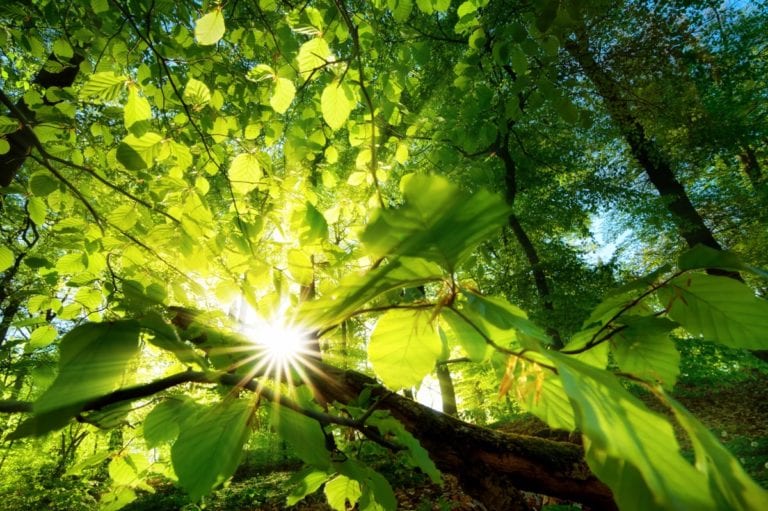
713th Week: Cultivating Empathy
As I write this, I’m sitting in the Admiral’s Club of American Airlines, waiting for a flight to California. I’m flying business class today, on miles, and I’m struck by the difference between the experience I’m having right now—complimentary coffee and food and a comfortable place to sit—compared to what it’s like when I fly economy. What this brings into my awareness is how easy it could be to overlook the quality of life being lived by people who don’t have the economic privilege I do. I find myself wondering how I would cultivate a deepened empathic awareness of people in need if my everyday life were regularly as generous and comfortable as the situation I’m in at the moment.
I remember reading some recent research that suggested that the more money people have the lower their scores on tests of empathy. Sitting here this morning, I can understand how that could happen. So, the question I have deals with any and all areas of privilege, be that economic privilege, racial privilege, gender privilege, ethnic privilege, religious privilege, or any other kind of privilege that comes automatically to certain classes of people. How do we expand our awareness to include those who don’t have access to whatever kinds of privilege we may take for granted and not even recognize as privilege? Read More “713th Week: Cultivating Empathy”
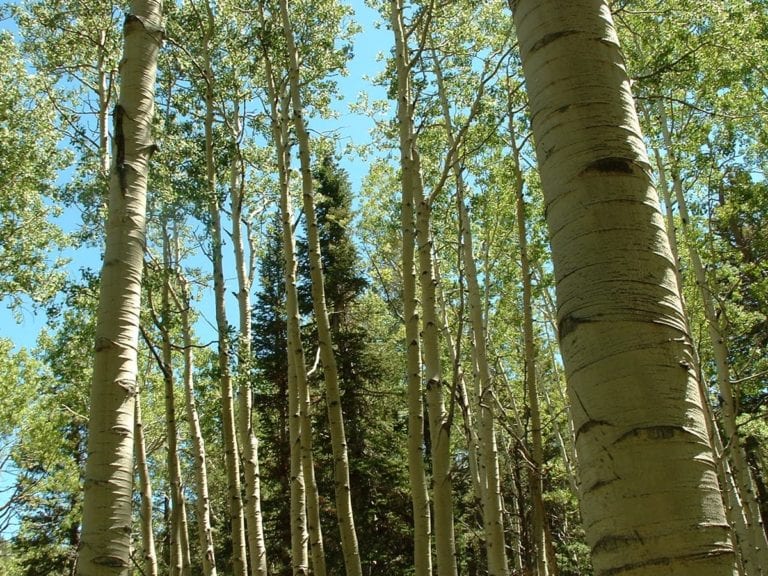
750th Week: Generating Flexibility
Walking to work one morning, I was in an area of Central Park where dogs gather for their morning playtime. As often as possible, I walk off the pathways, so I was in the middle of the doggie play area when a dog went by whom I hadn’t seen before. Both hind legs had been amputated and he had one artificial leg in the back to accompany his two front legs. What struck me was how agile he was and how he enjoyed sniffing the ground, moving around with relative ease. His situation looked so different from the many three-legged dogs I see in the park, and I enjoyed watching him move around, nose to the ground, doing regular “dog things”.
As I watched him, I thought about the power inherent in being adaptive and flexible in the presence of life’s challenges, changing circumstances, and unexpected developments. For many of us, the immediate response to change or an unexpected challenge is to pull in and constrict. When we do this, our brain’s natural ability to generate and notice options often goes off-line, leaving us with little to no flexibility.
Read More “750th Week: Generating Flexibility”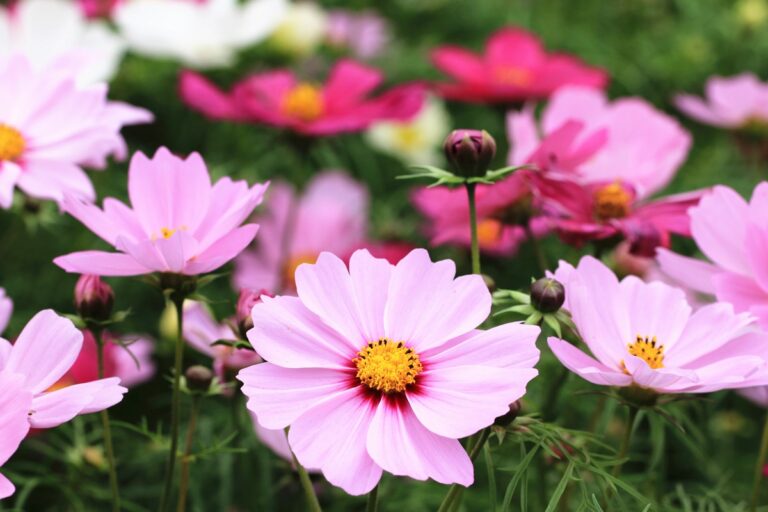
2023 April Meditation
This month, we continue our theme of the range of relationships we have with the world around us and how we bring our presence to these many connections, even those we may not think about often but are aspects of our everyday experience. In this meditation, we bring to mind the many people and life-forms who work behind the scenes to make our life possible. Those who make it possible for us to have food to eat; those who bring electricity, water, and other necessities into our lives. All the people who contribute in ay way to items used in daily life, including gadgets, household items, clothing, and more. In this meditation, we offer gratitude and blessings to all…
Below are two version of the meditation. One is audio only and the other is audio with images of nature. Please remember never to listen to these audio meditations when driving or operating dangerous machinery…
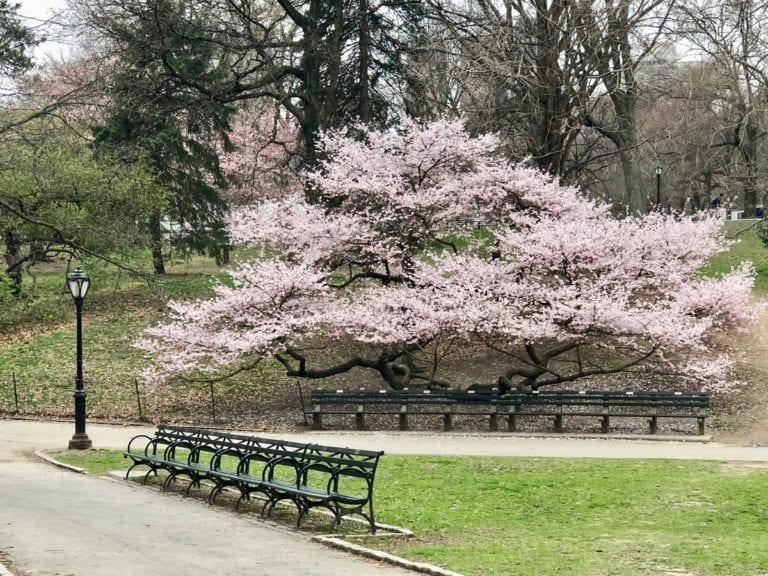
2024 March Meditation
This month’s meditation focuses on radiating love to your home environment and everything in it including, if it’s comfortable to you, the Spirit of Home. Notice your experience as you radiate love to everything around you–your computer, your furniture, all the elements of what makes your home your home.
Below the recorded meditation is the YouTube version, with images from nature…
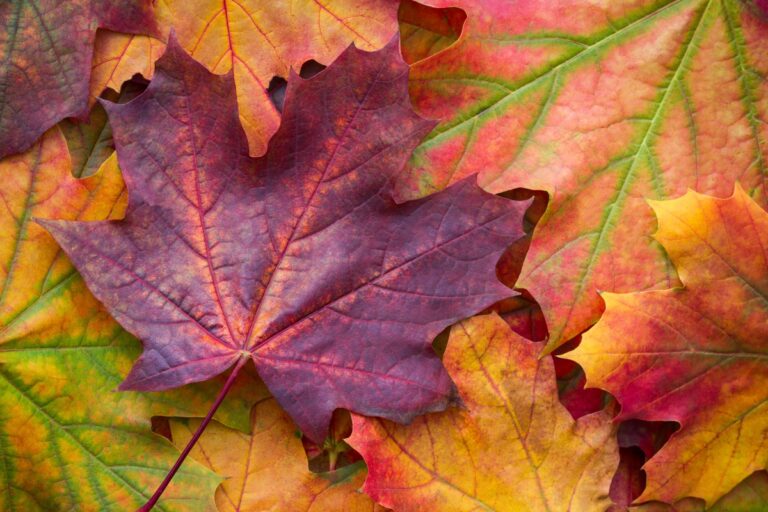
854th week: Choose Your Frequency
I’ve written quite a bit lately about frequencies and the foreground/background dynamics of our underlying wholeness. One of the practices that, for me, is an effective and useful tool in affecting the quality of both my inner and outer life experience is taking time to choose the frequencies with which I want to resonate.
As I’ve described a number of times, what I mean by “frequency” is the tone and quality of what we experience and embody, and what we radiate into the world around us in every moment. For example, think of people you meet who seem to exude a sense of curiosity, delight, kindness, friendliness, etc. And, also, think of people you meet who seem to exude a quality of anger, fear, harshness, etc. These are all frequencies, and they are the tangible expressions of the qualities with which we resonate and which we radiate into our environment—both consciously and unconsciously. Most of the time, many of us—if not most—are unconscious of the these qualities, and we aren’t taught about how they tangibly affect our internal and external experiences.
Another aspect of our relationship to frequencies is the fact of our wholeness. Everything we have experienced and are is ever-present as part of our underlying and inescapable wholeness. When I teach about wholeness, I emphasize the fact that there’s nothing about us we can “get rid of” or “erase”. Instead, our wholeness is always with us, with some aspects of self expressing in the foreground of our experience and others sliding into the background. In this work with frequencies, we aren’t being asked to get rid of negative or troublesome aspects of ourselves. Instead, we are invited to choose a frequency that we want to experience in the foreground of our experience even as we allow our awareness to enfold all of what constitutes our wholeness.
This is where I call on the metaphor of a kaleidoscope, which I’ve shared many times. When we turn the tube of a kaleidoscope, all the pieces shift into a new pattern. Sometimes, a color we haven’t seen for quite a while may pop into view while another drops away. This is the way I think of the dynamics of wholeness: aspects of ourselves slide into the foreground while others drop into the background.
Read More “854th week: Choose Your Frequency”